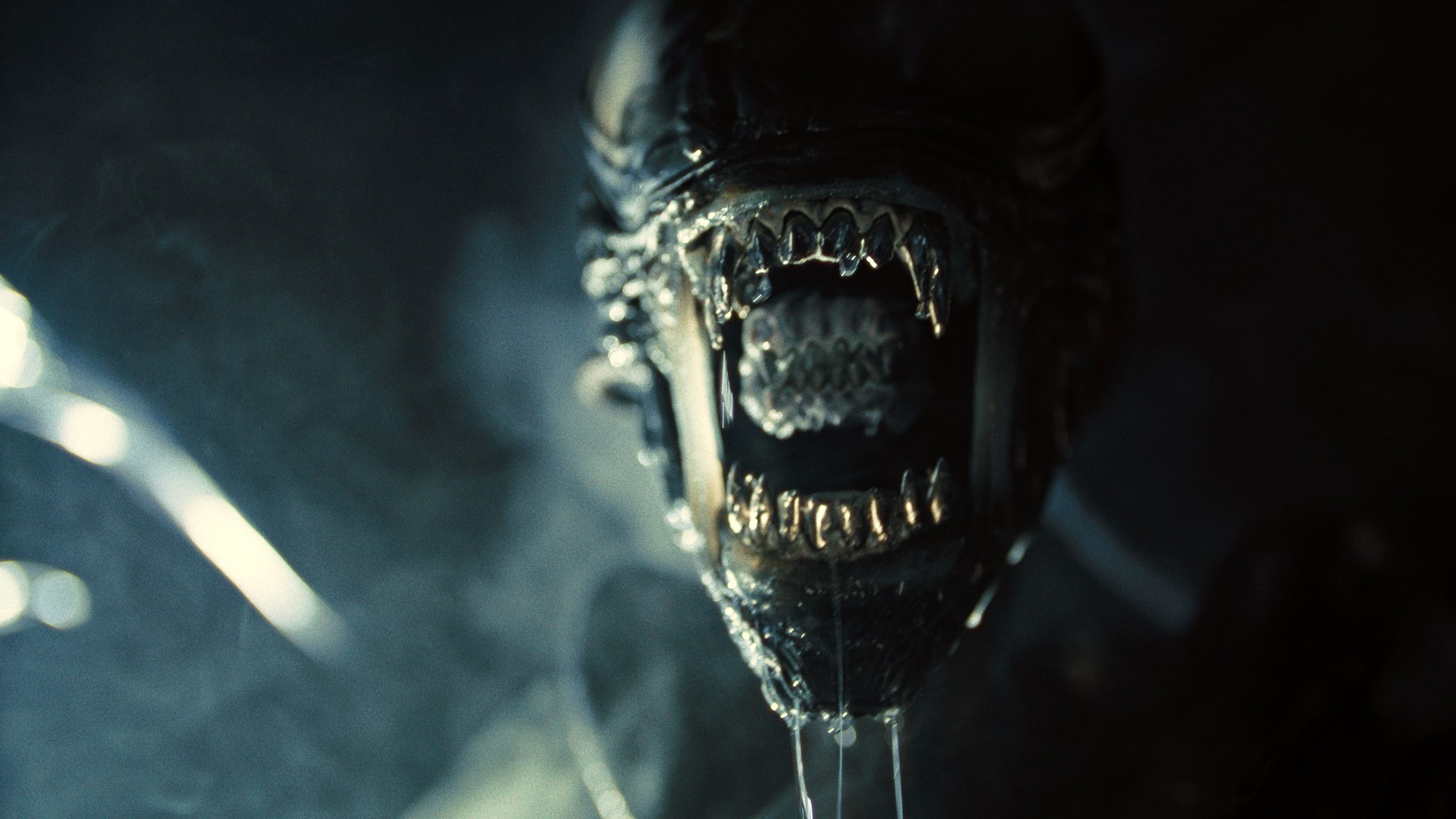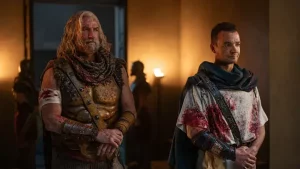
At its core, the Alien franchise is easy to understand: people meet aliens, bad things happen. It’s a lot harder to keep track of when exactly these things occur.
Alien takes place in 2122, Aliens 57 years later, and then Alien 3 happens shortly afterwards. But then things get weird. Alien Resurrection jumps ahead 202 years, Prometheus begins sometime in prehistory and then in 2093, and Alien: Covenant is in 2104. Alien: Romulus will squeeze in between the first two movies, around 2142, which is 20 years after the original. And that’s not even going through the Alien vs Predator flicks or the countless games, books, and comics.
Then there’s the new Alien TV series coming from creator Noah Hawley, best known for the Fargo show and Legion. Deadline has confirmed the movie takes place about 30 years before the events of Alien, or as FX chief John Landgraf put it to THR, “near the end of this century we’re currently in — 70-odd years from now.” That would put the new series in the 2090s. Interestingly, Deadline also claims the show is set a “few years before” Prometheus, which would put the show in somewhere the late 2080s and early 2090s. It remains to be seen whether the series will foreshadow any of the controversial lore and events of Prometheus, especially considering the show’s subject matter.
The show will focus on the rise of the Weyland-Yutani Corporation, then a newly-formed conglomerate and not yet the heartless company that it will become. Weyland-Yutani already has its fingers in lots of pies, but it’s particularly excited about pioneering android technology. The series is poised to further explore the relationship between humanity and androids, following on themes that Ridley Scott explored in Prometheus and Alien: Covenant.
Outside of that, Hawley has kept the plot of his show under wraps. The Alien TV series stars Sydney Chandler of the Apple TV+ Sugar as “meta-human” Wendy, described in Deadline as “a character with the body of an adult, but the brain and consciousness of a child.” Wendy will be mentored by the synthetic Kirsch, played by Timothy Olyphant.
We can already see how Hawley’s breaking from franchise tradition, if only by eschewing the alphabetical naming conventions for androids (Ash, Bishop, Call, David). But that’s normal for Hawley, whose Fargo has tangential connections to the 1996 film but largely serves as a tribute to the Coen Brothers’ filmography. Likewise, Legion does follow David Haller, the powerful mutant son of Charles Xavier from X-Men comics, but provides a very different take on Marvel characters such as the Shadow King.
At this point, it seems like Alien will fit snugly within the rest of the franchise’s established continuity. In fact, the several decade distance between the TV series and Alien means that Hawley has lots of runway to add new things to the lore of the franchise without changing the 1979 movie at all. Of course, you could have once said the same about the “God made the Xenomorphs” movie Prometheus and whatever the heck Alien Resurrection was. But let’s hope Hawley has learned from those past missteps.
Alien comes to Hulu in 2025.
The post Alien TV Series Timeline Sets the Show Pretty Close to a Divisive Ridley Scott Movie appeared first on Den of Geek.












